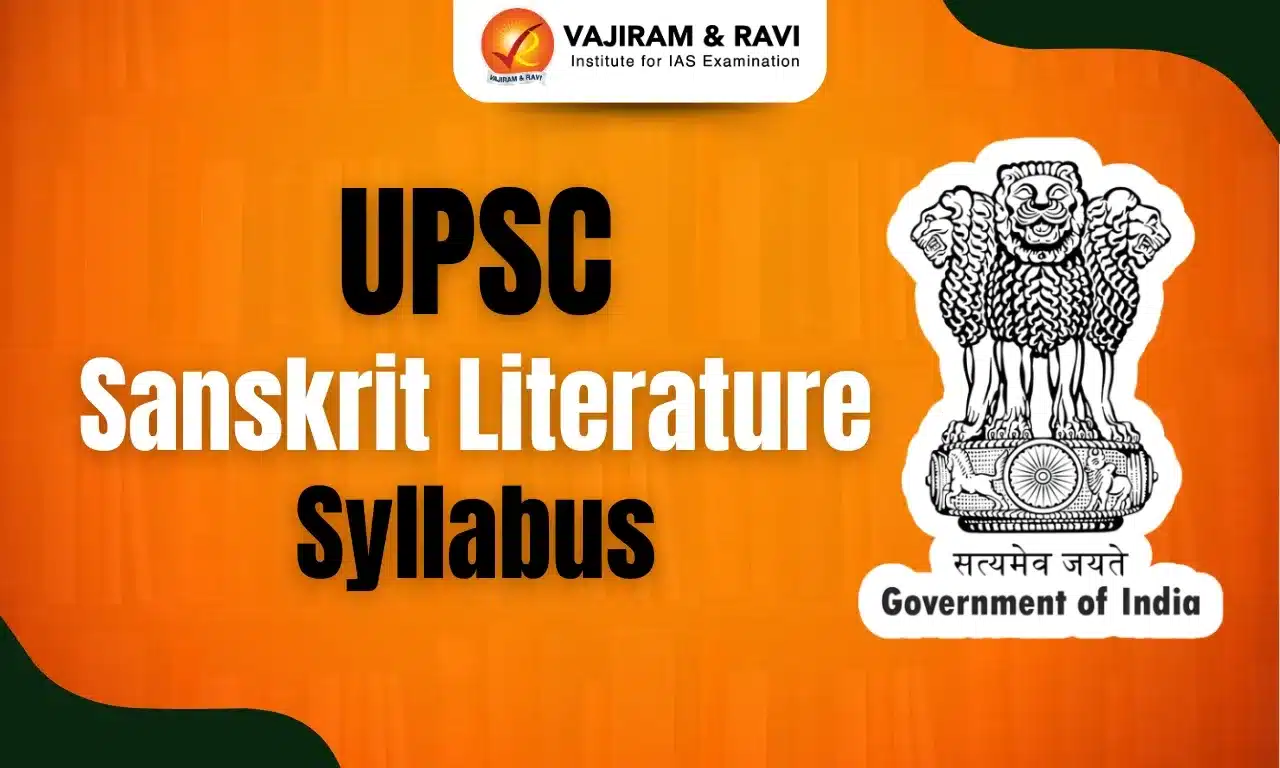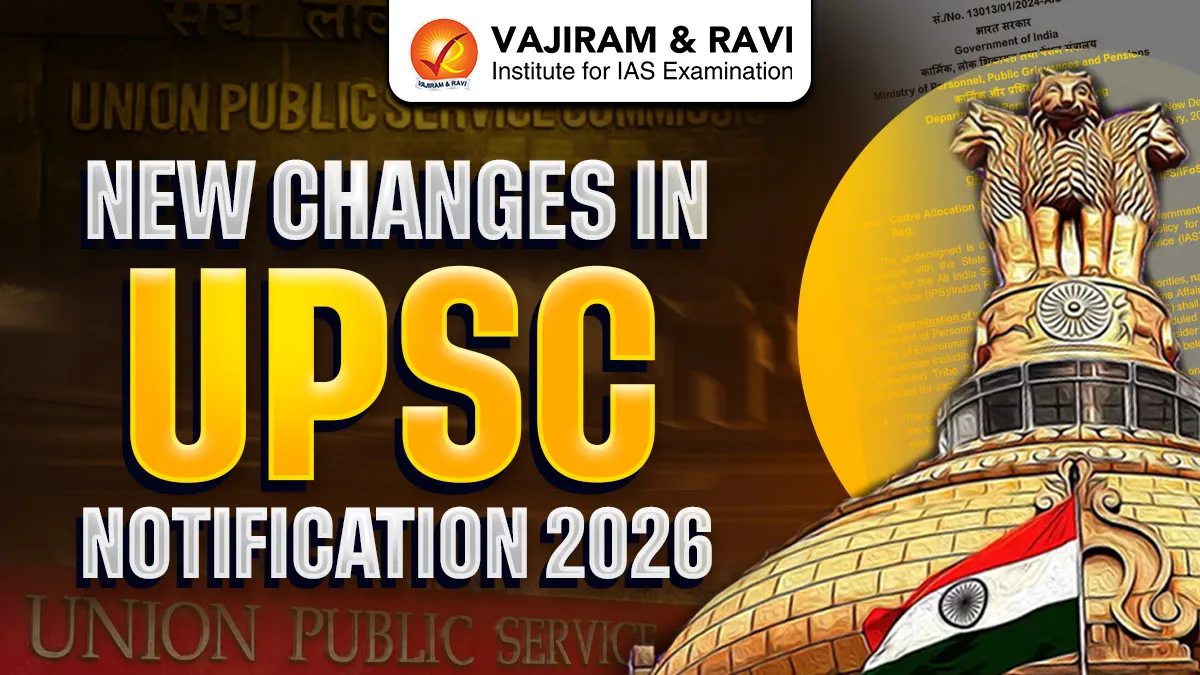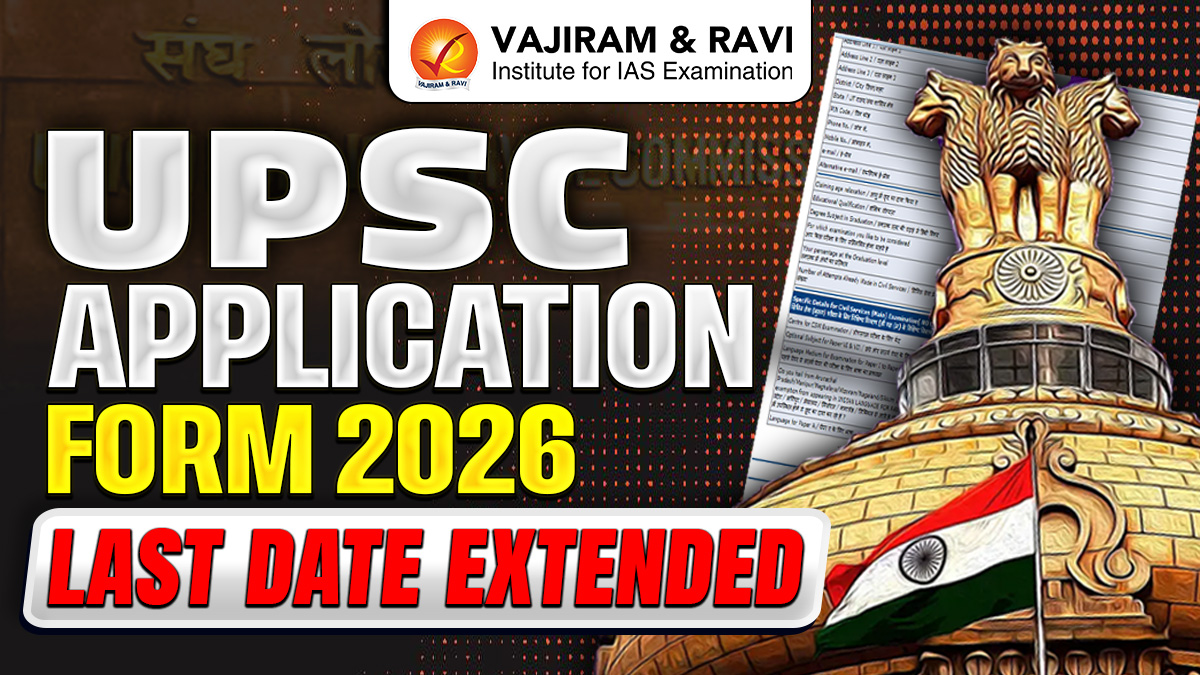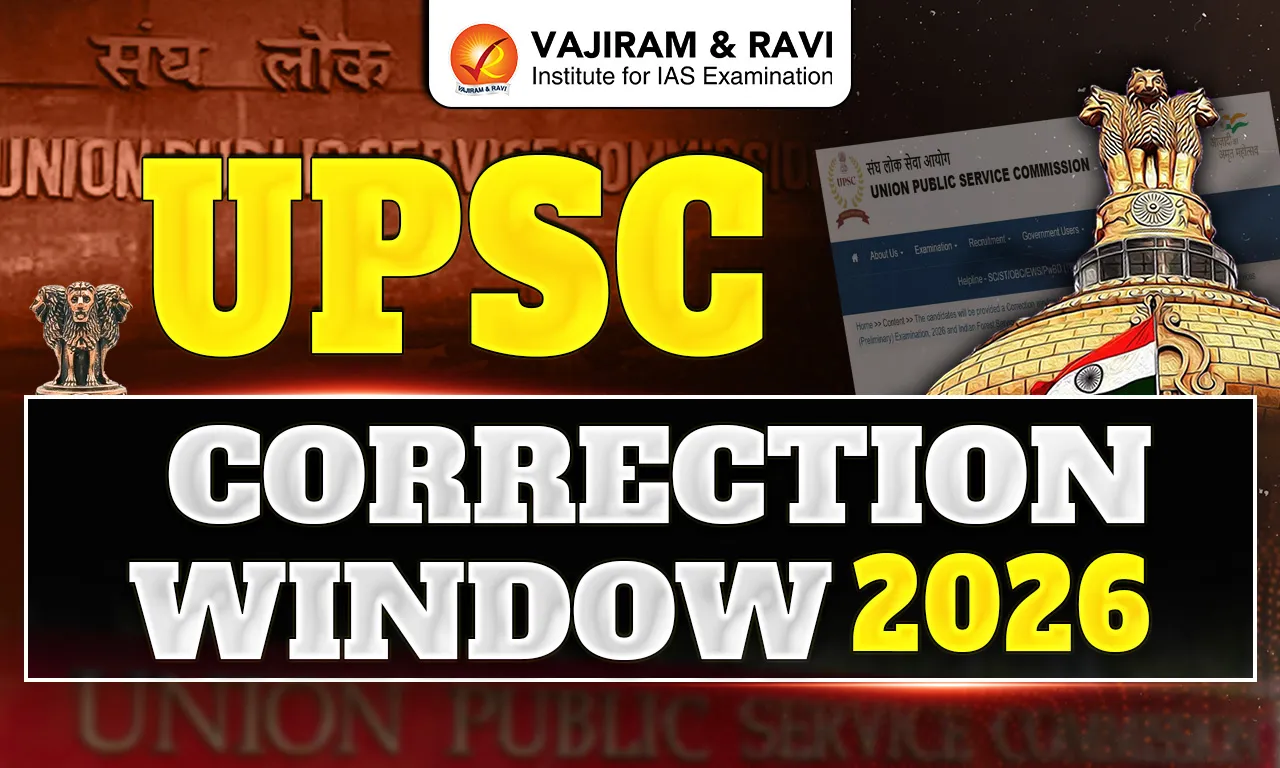UPSC Sanskrit Literature Optional Syllabus examines the knowledge of students in Sanskrit language, its background and historical importance as well as the important literature texts. The UPSC Sanskrit syllabus can be divided into two papers: Paper 1 and Paper 2 both carrying 250 marks each. The subject assesses the knowledge of classical and modern sanskrit literature with an emphasis on literary criticism, important texts and poetry related to philosophy of sanskrit. In this article, we are going to cover the UPSC Sanskrit Literature Optional Syllabus in detail.
UPSC Sanskrit Literature Syllabus Overview
UPSC Sanskrit Literature Optional has two papers- Paper 1 and Paper 2 both carrying 250 marks each. UPSC Sanskrit Paper 1 includes classical literature, history of Sanskrit literature, grammar and other important classical texts in prose and poetry. The Sanskrit Optional Paper 2 includes modern Sanskrit literature and literary criticism, including study of poetics, contemporary writings and philosophical contributions by different schools of Indian Philosophy.
| Overview of UPSC Syllabus Sanskrit Optional Paper | ||
| Mains Papers | Subject | Marks |
|
Paper VI |
Sanskrit Literature Optional Paper 1 |
250 |
|
Paper VII |
Sanskrit Literature Optional Paper 2 |
250 |
|
TOTAL |
500 |
|
|
Time Duration |
3 hours |
|
UPSC Sanskrit Literature Syllabus for Optional Paper 1
Paper 1 of the Sanskrit Optional Syllabus for the UPSC Civil Services Examination is divided into two broad sections, focusing on both the linguistic and literary aspects of the language. Section A deals with the language component and covers the significance of Sanskrit within the Indo-European language family. It includes topics such as Sandhi, Samasa, Karaka, and syntactical rules, along with the historical evolution of Sanskrit in relation to Prakrit and Pali. This section also emphasizes the study of important inscriptions, particularly those from the Mauryan period like the Ashokan edicts, to understand the development and usage of Sanskrit over time.
Section B focuses on classical Sanskrit literature and requires a detailed study of major works from classical drama, poetry, and prose. Important texts include Kalidasa’s Abhijnanasakuntalam, Shudraka’s Mrichchhakatika, and Kumarasambhavam (Cantos I–V) by Kalidasa. Other key works are Kirātārjunīya (Cantos I–VII) by Bharavi, Dasakumaracharita by Dandin, and Kathasaritsagara (Lambaka I, Kathapitha) by Somadeva. This section encourages candidates to engage with literary themes, narrative techniques, and the cultural significance of these classical compositions.
| Sanskrit Literature Optional UPSC Syllabus for Paper 1 | |
| Section | Topics of UPSC Syllabus Sanskrit Optional |
|
Section-A |
|
|
Section-B |
|
UPSC Sanskrit Literature Syllabus for Optional Paper 2
Sanskrit Optional Syllabus for Paper 2 of the UPSC Civil Services Examination focuses on Literary Criticism and Modern Sanskrit Literature, and is divided into two sections. Section A delves into the foundational principles of Sanskrit poetics, exploring key concepts such as Rasa, Dhvani, Alamkara, Vakrokti, and Auchitya. Candidates are expected to critically engage with classical texts like Dandin’s Kavyadarsa, Bhamaha’s Kavyalamkara, and Kalhana’s Rajatarangini, which are essential for understanding the evolution of literary theory in Sanskrit tradition.
Section B shifts the focus to Modern Sanskrit Literature, highlighting contemporary writings in Sanskrit, including the contributions of poets and prose writers such as Pandit Suryanarayana Vyas and Acharya Chatursen. This section also encompasses a study of major Indian philosophical schools—Vedanta, Mimamsa, Nyaya, and Sankhya—along with important texts authored by renowned philosophers like Shankaracharya and Ramanujacharya. The paper aims to provide both historical depth and modern relevance to the study of Sanskrit literary and philosophical traditions.
| Sanskrit Literature Optional UPSC Syllabus for Paper 2 | |
| Section | Topics of UPSC Syllabus Sanskrit Optional |
|
Section-A |
General study of the following groups: Group 1
Group 2
Group 3
Group 4
|
|
Section-B |
Group 1
Group 2
Group 3
Group 4
|
UPSC Sanskrit Optional Syllabus Booklist
To prepare for UPSC Sanskrit Optional Syllabus, the following booklist will be helpful for students:
- "History of Classical Sanskrit Literature" by M.R. Kale
- "Sanskrit Grammar" by V.S. Apte.
- Kalidasa's "Shakuntala"
- "Kumarasambhavam" (Cantos I-V),
- Bharavi's "Kirātārjunīya,"
- Dandin's "Dasakumaracharita."
- S. K. De's "Sanskrit Poetics"
- Dr. S. K. Belvalkar's "History of Sanskrit Poetics"
- Dandin's "Kavyadarsa"
- "Rajatarangini" by Kalhana
Last updated on February, 2026
→ UPSC Notification 2026 is now out on the official website at upsconline.nic.in.
→ UPSC IFoS Notification 2026 is now out on the official website at upsconline.nic.in.
→ UPSC Calendar 2026 has been released.
→ UPSC Final Result 2025 is expected to be released in the first week of March 2026.
→ Check out the latest UPSC Syllabus 2026 here.
→ Join Vajiram & Ravi’s Interview Guidance Programme for expert help to crack your final UPSC stage.
→ UPSC Mains Result 2025 is now out.
→ UPSC Prelims 2026 will be conducted on 24th May, 2026 & UPSC Mains 2026 will be conducted on 21st August 2026.
→ The UPSC Selection Process is of 3 stages-Prelims, Mains and Interview.
→ Prepare effectively with Vajiram & Ravi’s UPSC Prelims Test Series 2026 featuring full-length mock tests, detailed solutions, and performance analysis.
→ Enroll in Vajiram & Ravi’s UPSC Mains Test Series 2026 for structured answer writing practice, expert evaluation, and exam-oriented feedback.
→ Join Vajiram & Ravi’s Best UPSC Mentorship Program for personalized guidance, strategy planning, and one-to-one support from experienced mentors.
→ Check UPSC Marksheet 2024 Here.
→ UPSC Toppers List 2024 is released now. Shakti Dubey is UPSC AIR 1 2024 Topper.
→ Also check Best UPSC Coaching in India
UPSC Sanskrit Literature Optional Syllabus 2025 FAQs
Q1. What is the 7/5/3 rule in UPSC?+
Q2. Which is the shortest optional subject in UPSC?+
Q3. Is literature a good optional for UPSC?+
Q4. Is Sanskrit a scoring subject in UPSC?+
Q5. What is PWD 1, 2, 3, 4, 5 in UPSC?+
















